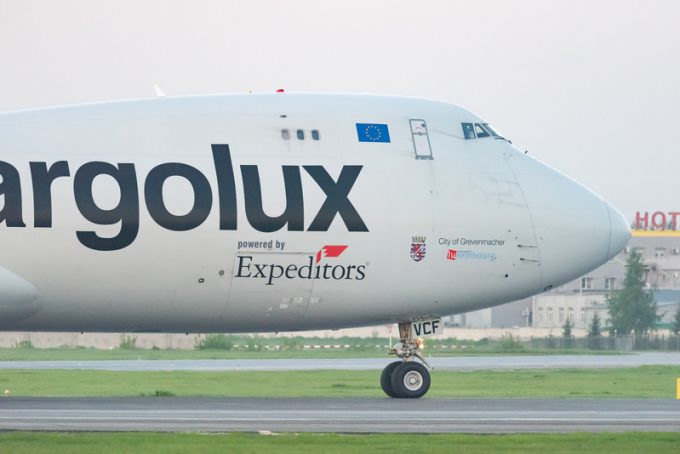Ecommerce air traffic to US set to grind to a halt as de minimis exemption ends
Is today the day the music stops in airfreight? 2 May: infamously, the day the de ...

The shipping lines, with their multi-billion dollar profits (and almost no taxes), are the ones making all the headlines, but the all-cargo airlines, presumably much to the chagrin of their passenger-carrying cousins, are also having a stellar time.
There is no better illustration of the highs ...

Comment on this article